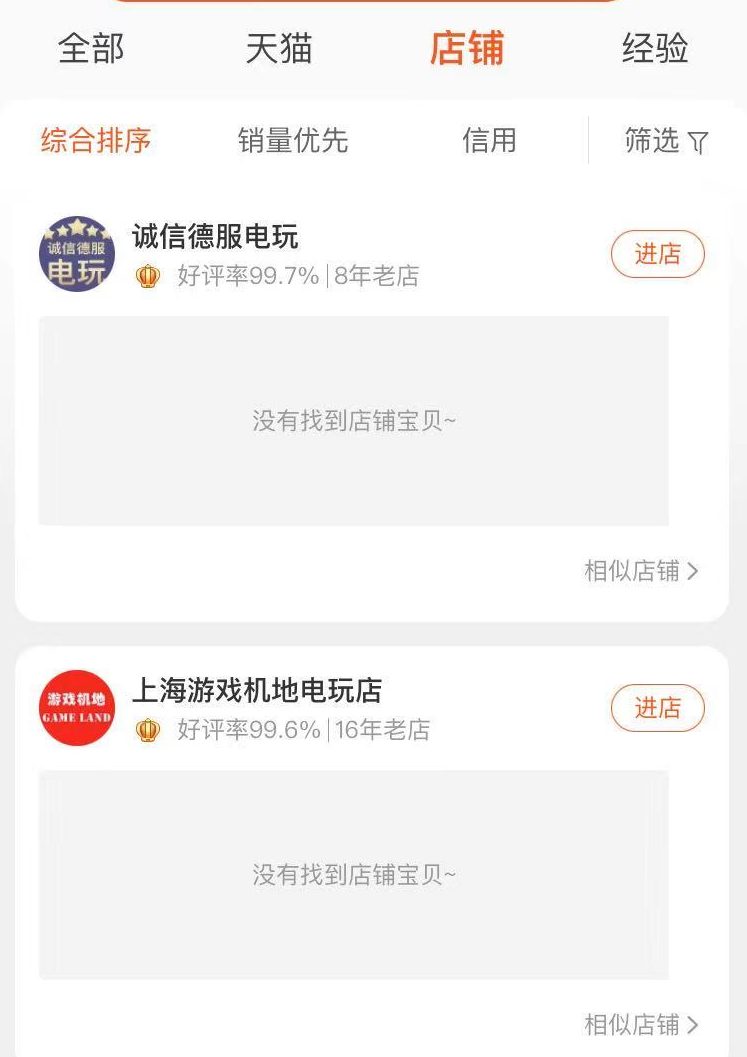
To make it the norm, we need more of the bigger brands to jump into it as well.” “Not in the US, not in Europe, not anywhere just yet. “Resale is still not the norm,” Martinez said. At stores, you get an item immediately, while major full-price e-commerce sites have easier navigation and faster shipping times, she said. Online resale also has a long way to go to match new items on convenience, according to Martinez of the Ellen MacArthur Foundation. More than two-thirds of consumers say a major reason they buy secondhand is to save money, according to survey data from Morning Consult. That is likely to lead to lots of discounting, according to Anna Andreeva, managing director at Needham & Company. Retailers across the board are stuck with excess inventory after misreading demand during the pandemic. It has three resale partnerships that allow the company to offer pre-owned handbags and apparel from brands it typically doesn’t carry, said Paige Thomas, the chain’s chief executive officer.ĭespite the bullishness, resale faces a big hurdle in the fourth quarter. “If you believe that we will all shop this way, you have to invest in this now,” said Ruben, who compared waiting to enter the resale market to missing out on the e-commerce boom of the early 2000s.Saks Off 5th, the discount arm of Saks Fifth Avenue, is making a big push. There are already companies pushing into electronics, bicycles and music gear.

Ruben wants to eventually expand into categories such as home improvement, working with partners such as Home Depot and Lowe’s. The company, along with competitors such Reflaunt, Recurate and Archive, is part of an increasingly crowded market that’s also likely to consolidate. Trove Recommerce, founded by Andy Ruben, a former Walmart e-commerce executive, runs the back-end operations for customers such as Levi’s and Allbirds. Low prices and the eco-friendly appeal of resale put it in a position to grow 16 times faster than the broader retail sector by 2026, according to calculations from Bloomberg Intelligence. “Resale is an amazing solution to up your margins if it's integrated in your business model.” “Given there’s a race to the bottom in fashion right now - loads of stuff gets sold on discount - margins are squeezed,” said Marilyn Martinez, project manager at the Ellen MacArthur Foundation’s fashion initiative. In many cases, shoppers trade in used branded items and receive credit toward a future purchase from that company. It also helps lure new customers who might not be willing to pay full-price and gives companies a way to pitch sustainability. One of the draws is that reselling goods is often a high-margin business. To get in on the action, big brands are partnering with companies, including ThredUp and The RealReal, to run their resale units. and The RealReal Inc. each jumped about 20% in the two trading days after news of the Poshmark deal. Resale is also still a fast-growing category and attractive in the long-term, she wrote in a research note. Valuations for online retailers have declined meaningfully, according to Ashley Helgans, an analyst for Jefferies. The proposed transaction may spark more deals. On Monday, the company announced a deal to be acquired by South Korean internet giant Naver Corp. Take Poshmark Inc., which had an initial public offering in January 2021 and saw its valuation surge above $8 billion.

Increasing competition has already led to sluggish growth and large losses while crushing the stocks of resale sites that have gone public.

That's not good news for so-called peer-to-peer marketplaces that take a cut of transactions made on their platforms. In the last month alone, Jimmy Choo, Balenciaga, On Running, Athleta and Vera Bradley have launched resale platforms where consumers can buy - and in some cases, sell - pre-owned apparel, shoes and handbags. “Every few weeks, we’re seeing another announcement of a brand or another retailer getting involved in this space.” “We have seen just really an explosion in resale," said Erin Schmidt, senior analyst at Coresight. (Bloomberg) - The world's biggest brands have had enough.Īfter watching online marketplaces rack up billions in revenue from secondhand sales of their goods, brands ranging from Lululemon Athletica to Jimmy Choo are aiming for their own piece of a resale market that Coresight Research projects to hit $30 billion in the US next year.


 0 kommentar(er)
0 kommentar(er)
